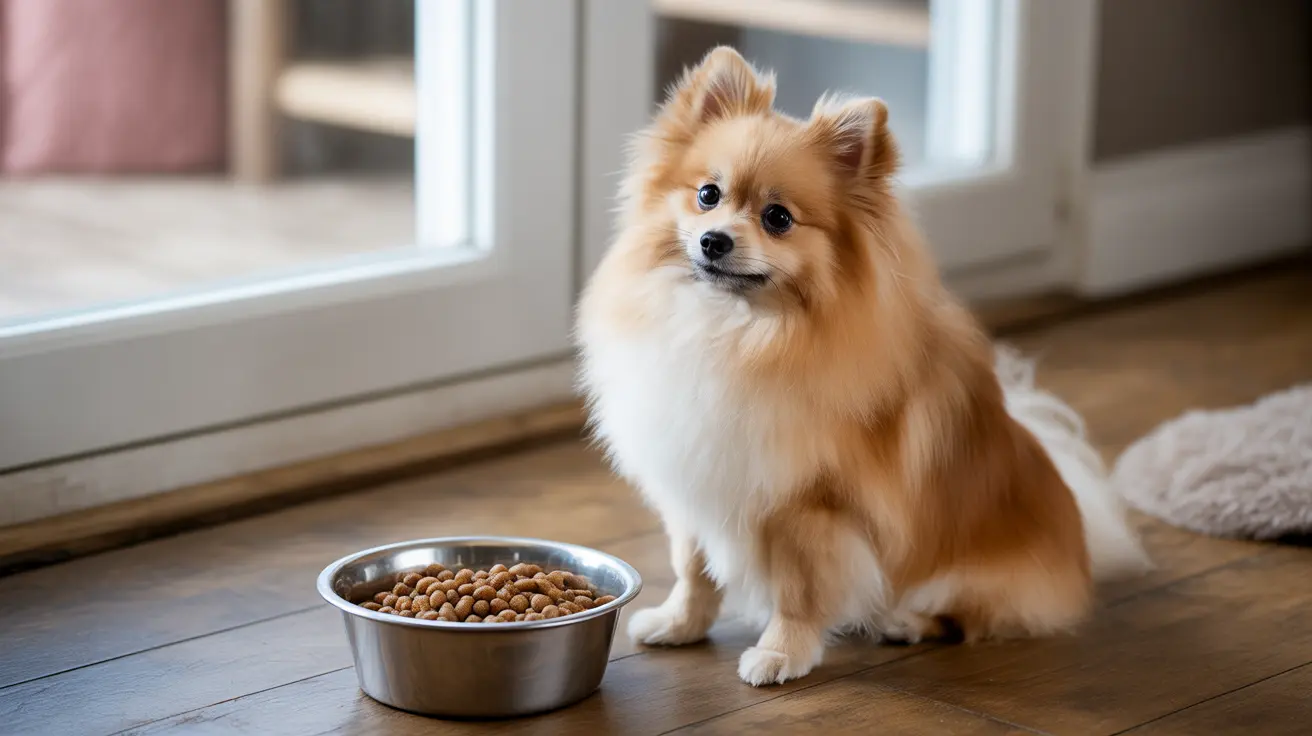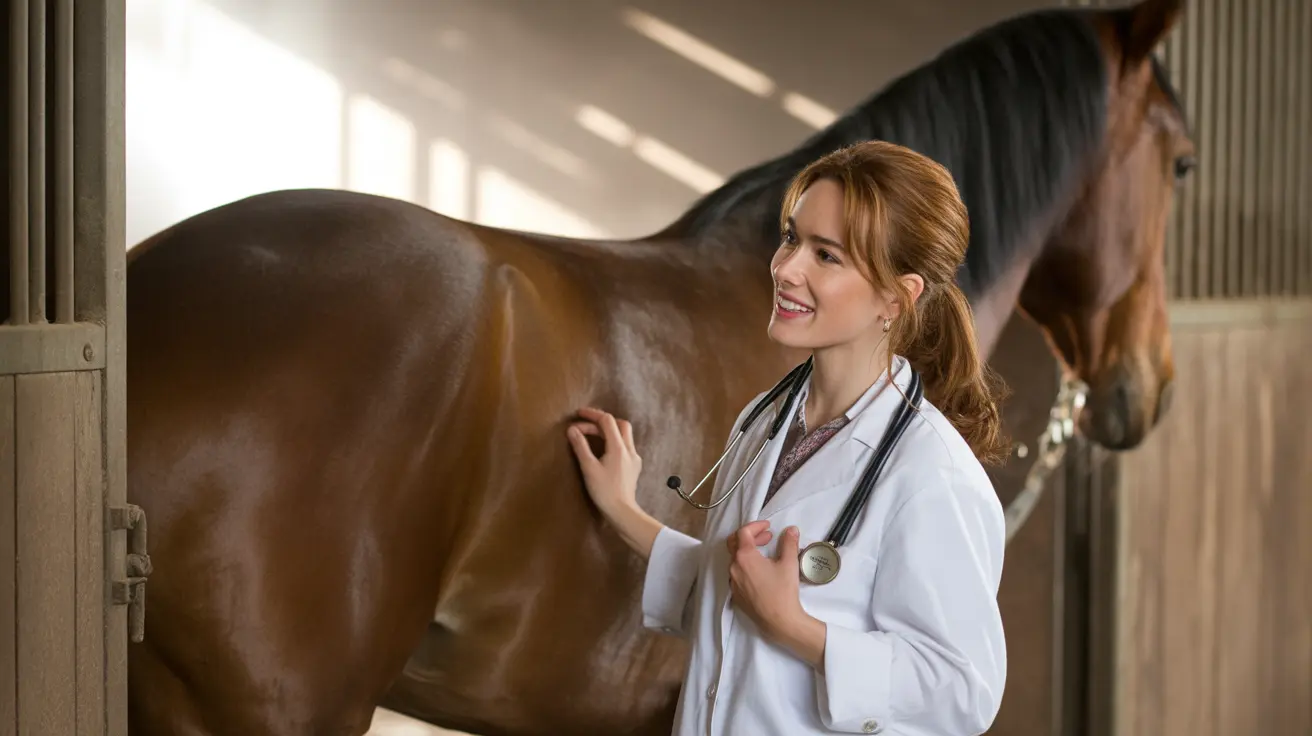When your beloved canine companion suddenly loses interest in food, it can be both concerning and frustrating. As a pet owner, understanding why your dog isn't eating is crucial for ensuring their health and well-being. Loss of appetite in dogs, medically known as anorexia, can range from minor, temporary issues to serious medical conditions requiring immediate attention.
In this comprehensive guide, we'll explore the various reasons behind your dog's decreased appetite, help you identify when it's time to worry, and provide practical solutions to get your furry friend eating again.
Common Medical Causes of Appetite Loss
Medical issues are often the primary reason dogs stop eating. These can include:
Gastrointestinal problems are frequently to blame, including inflammatory bowel disease, infections, or blockages. Dogs may also experience appetite loss due to organ dysfunction, particularly involving the liver, kidneys, or pancreas. Recent vaccinations can temporarily suppress appetite, though this typically resolves within 48 hours.
Systemic infections, whether bacterial, viral, or parasitic, commonly cause dogs to lose interest in food as their bodies fight the illness. Cancer can also significantly impact appetite, either directly or through secondary effects like pain and nausea.
Dental and Oral Health Concerns
Oral health problems often lead to what veterinarians call pseudo-anorexia, where dogs want to eat but find it too painful. Common dental issues include:
- Broken or loose teeth
- Severe gingivitis
- Tooth root abscesses
- Oral tumors or lesions
If your dog approaches their food bowl with interest but backs away or drops food while attempting to eat, dental pain may be the culprit.
Behavioral and Environmental Factors
Sometimes, the reason for your dog's loss of appetite isn't medical but psychological or environmental:
- Major life changes or moves
- New family members (human or animal)
- Changes in routine or schedule
- Stress or anxiety
- Depression
- Unfamiliar surroundings
Dogs are creatures of habit, and disruptions to their normal routine can significantly impact their eating patterns.
Food-Related Issues
The problem might be with the food itself. Consider these potential issues:
- Stale or spoiled food
- Recent changes in diet
- Food temperature preferences
- Texture preferences
- Previous negative associations with certain foods
Some dogs develop particular preferences over time and may become selective about what they'll eat.
When to Contact Your Veterinarian
While occasional skipped meals aren't usually cause for alarm, certain situations warrant immediate veterinary attention:
- Refusing food for more than 24-48 hours
- Appetite loss accompanied by vomiting or diarrhea
- Lethargy or significant behavior changes
- Visible pain or discomfort
- Sudden weight loss
- Additional concerning symptoms
Puppies and small breeds are particularly vulnerable to complications from not eating and should be evaluated promptly if they refuse multiple meals.
Frequently Asked Questions
Why is my dog suddenly not eating and should I be worried?
Sudden appetite loss can indicate various issues, from minor stomach upset to serious medical conditions. If your dog refuses food for more than 24-48 hours or shows additional symptoms like lethargy or vomiting, consult your veterinarian.
What medical conditions can cause a dog to lose its appetite?
Many medical conditions can cause appetite loss, including gastrointestinal problems, infections, organ dysfunction, dental disease, and cancer. Some medications and recent vaccinations can also temporarily affect appetite.
Could my dog's dental problems be the reason it won't eat?
Yes, dental issues are a common cause of appetite loss in dogs. Problems like broken teeth, gingivitis, or oral infections can make eating painful, causing dogs to avoid food despite being hungry.
How can I encourage my dog to eat if it has stopped due to stress or anxiety?
Try offering favorite foods, warming meals to enhance aroma, hand-feeding, or creating a calm eating environment. Maintain regular feeding schedules and consider using food puzzles or toys to make mealtime more engaging.
When should I take my dog to the vet for not eating?
Seek veterinary care if your dog refuses food for more than 24-48 hours, shows additional symptoms like vomiting or lethargy, or if you notice sudden weight loss. Puppies and small breeds should be evaluated sooner due to their risk of hypoglycemia.
Conclusion
While a dog's decreased appetite can be concerning, understanding the potential causes and knowing when to seek professional help is crucial. Always monitor your dog's eating habits and overall behavior, and don't hesitate to consult your veterinarian if you're worried about their appetite changes.






